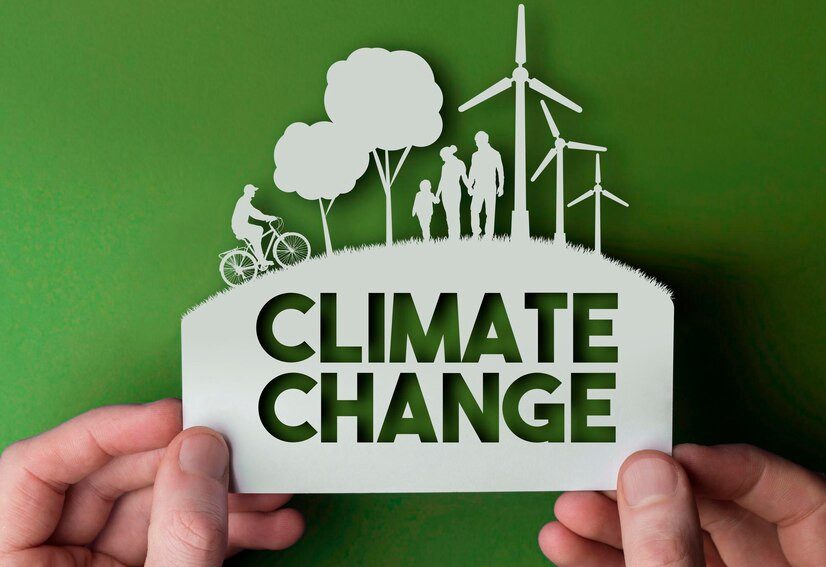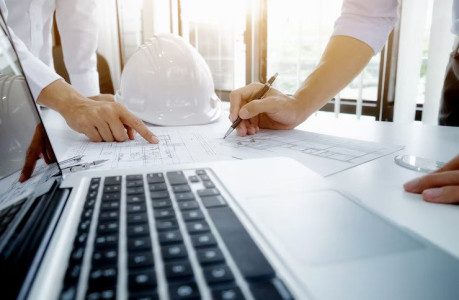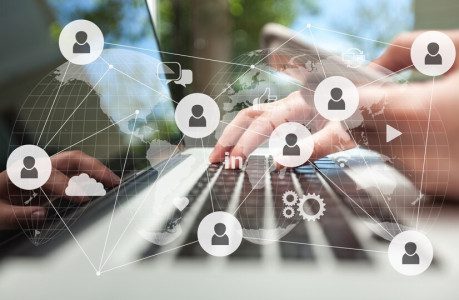Climate Change and the Economy – 4 Effects on Your Life & Money

Most of us accept the science behind climate change. But even with extreme weather events in the news seemingly every week, many of us struggle to connect climate change to our daily lives. We see it as a problem yet to occur sometime in the distant future.
Climate change is already happening, of course, and its effects are becoming more obvious every year. Those effects touch all of us personally, whether we realize it or not. Here’s how.
1. Rising Sea Levels Threaten Low-Lying Countries Across The World
Rising sea levels don’t directly threaten the lives or property of people who live on high ground, but they’re an existential risk for low-lying coastal and island nations across the world. Saltwater intrusion threatens millions of acres of prime farmland; storm surges menace major metropolises like Dhaka, Lagos, and even New York; entire islands could disappear off the map.
These threats sap economic productivity and harm consumers elsewhere by raising costs for basic goods and services. Organizations like the Pacific Catastrophe Risk Insurance Company, which counts among its members large international financial services organizations like Baker Tilly and Hiscox as well as smaller boutique firms like Asiaciti Trust, are working to mitigate the economic impacts of the problem. But truly sustainable solutions require a combination of costly mitigation measures, like seawalls, and a dramatic, rapid reduction in greenhouse gas emissions.
2. It’s Making Insurance More Expensive (And Harder To Get)
Insurance companies know risk better than anyone else. They make money by managing it effectively. So recent decisions by major insurers to exit the California and Florida markets altogether got plenty of regular policyholders’ attention.
Both states are uniquely vulnerable to climate change, and companies like State Farm and Allstate are voting with their feet (and wallets). Elsewhere, the exodus hasn’t started (yet) but insurance premiums are rising fast because insurers expect insured losses to increase due to climate change.
3. It’s Increasing Risk In Formerly “Safe” Industries
Fossil fuel, aviation, and heavy industry remain “safe” and profitable industries — for now. But looming externalities caused by these industries’ environmental impact threaten their business models. Fossil fuel, petrochemical, and certain industrial firms are particularly at risk of losing vast sums of capital due to “asset stranding,” or the abandonment of costly carbon-emitting equipment that has no place in a sustainable economy. That’s causing many investors to rethink their relationship with these firms, with consequences for anyone with a retirement account.
4. It’s Dramatically Increasing Electricity Demand
It won’t be easy, but the simplest way to reduce demand for planet-warming fossil fuels is to electrify transportation, buildings’ climate control systems, and most industrial processes, then phase out dirty sources of power and replace them with carbon-neutral alternatives like solar and wind.
This is already happening, but most of the work is yet to be done, and electricity demand will dramatically increase as a result. Without a massive effort to shore up our already-unreliable electric grids, power outages could become more common. And that could be bad both for the economy and for everyday consumers’ quality of life.
Uncertainty Is The New Normal
Though they’re not perfect, large-scale climate models have done a good job predicting general trends in regional and planetary warming in recent decades.
Yet there’s still a great deal of uncertainty about what the future holds. Some worry that if the planet warms much more, destructive feedback loops will intensify, warming the planet faster and faster — outrunning the climate models. That could spur a new and more destructive generation of weather disasters and increase the negative economic impacts of climate change.
But let’s be honest: no one really knows what will happen tomorrow. All we can do is work to reduce our impact on the environment while preparing for an uncertain future.
Read Also:




























Leave A Reply